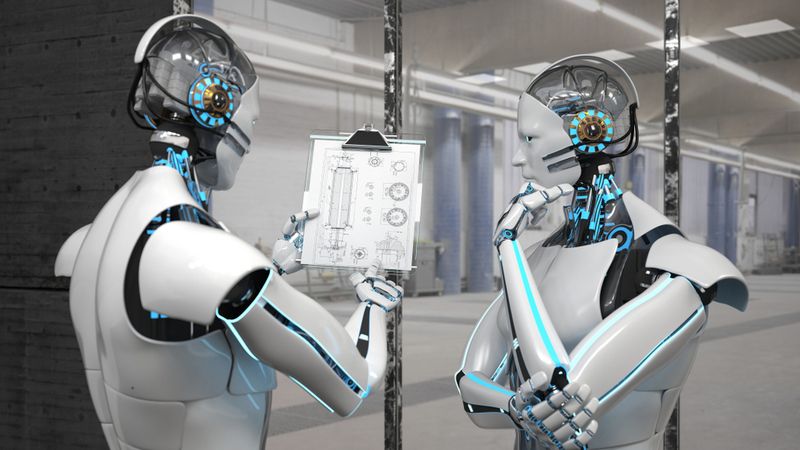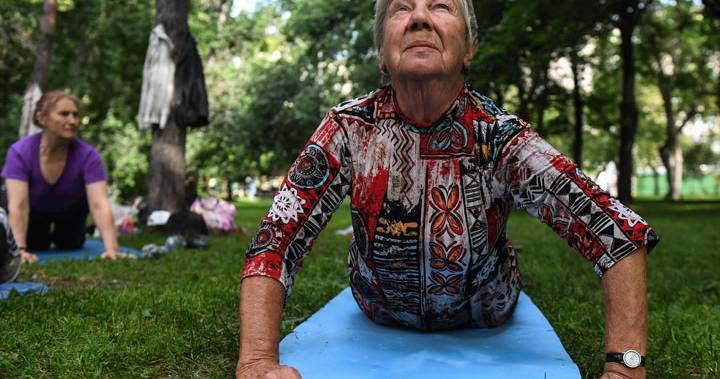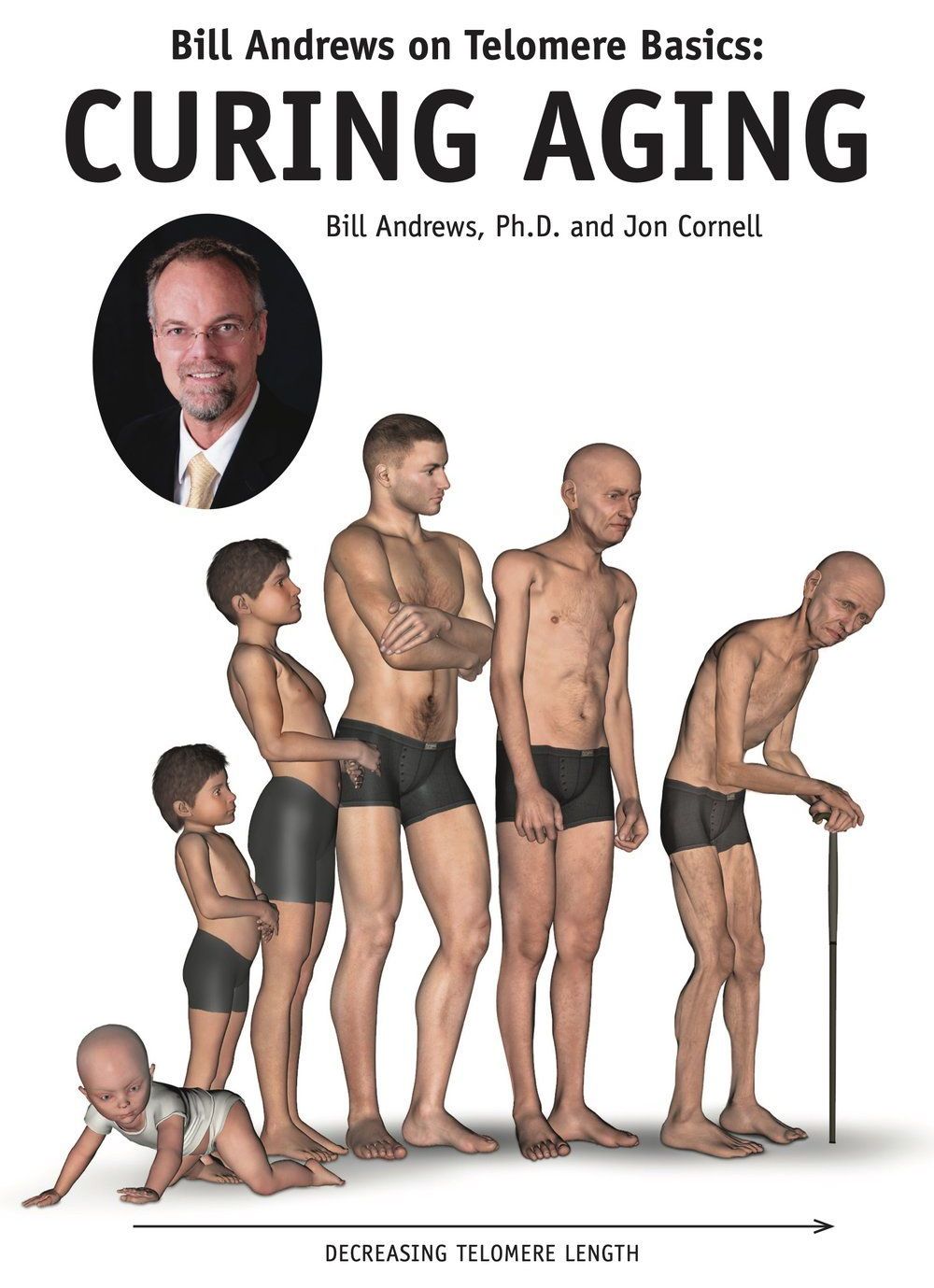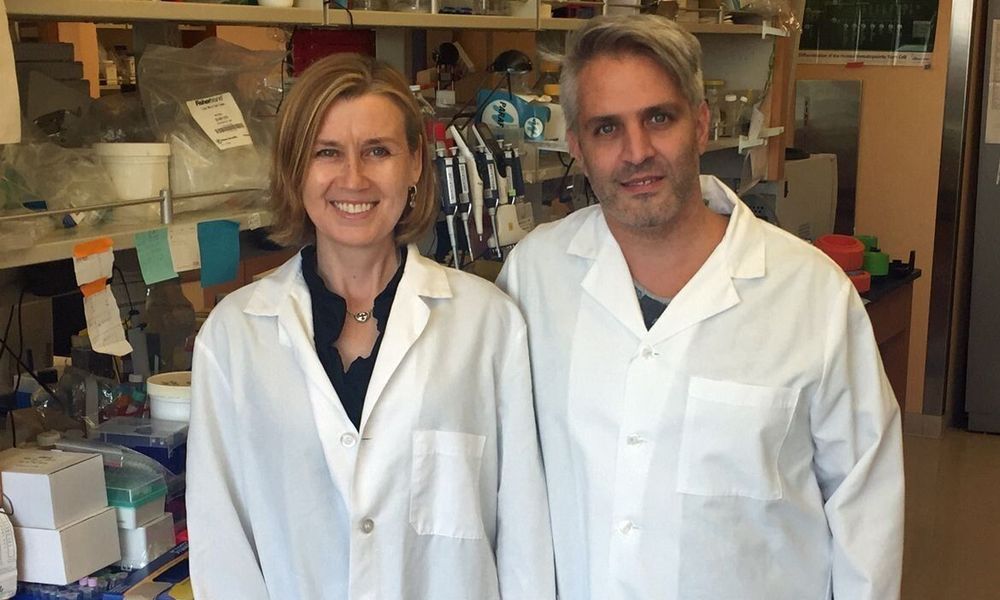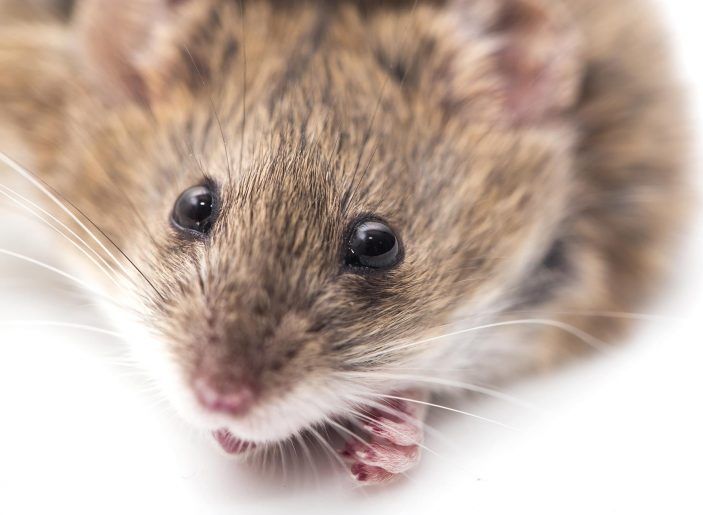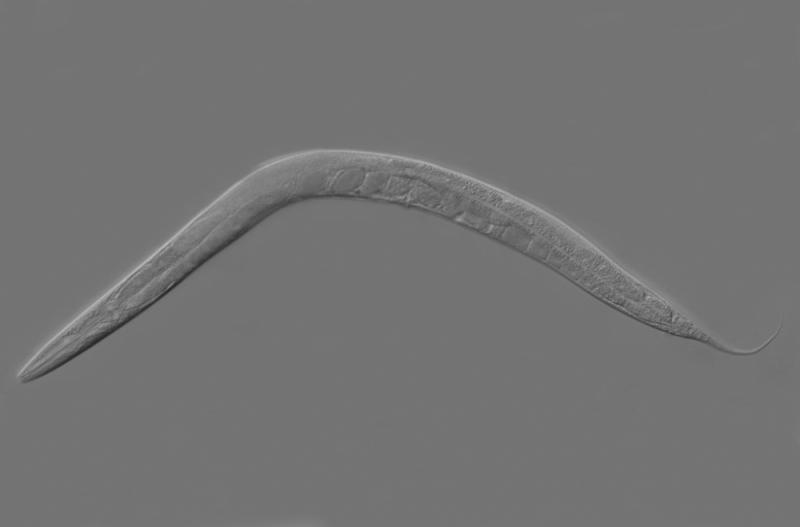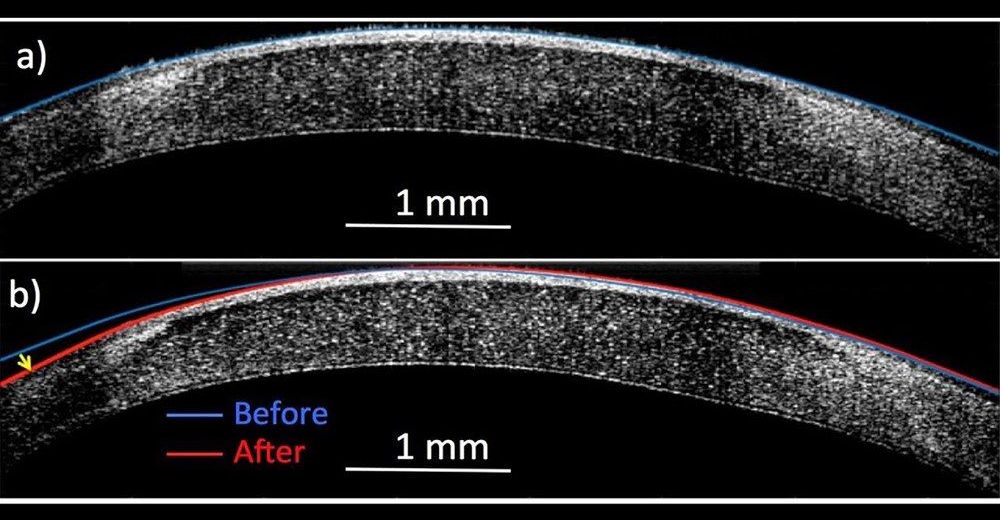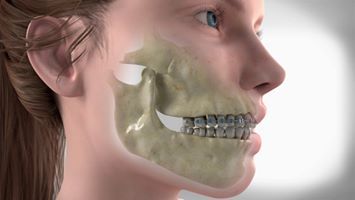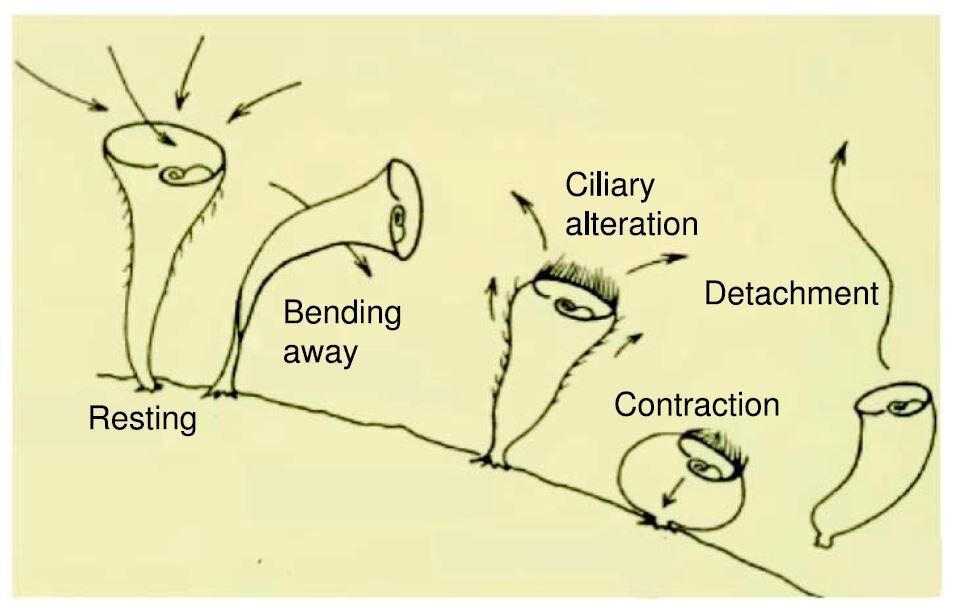Dec 5, 2019
Developing Deep Aging Biomarkers Using Artificial Intelligence
Posted by Paul Battista in categories: biotech/medical, life extension, robotics/AI
A type of artificial intelligence technique is now being used to develop new drugs and therapies and could perhaps even help to solve aging.
An urgent need for aging biomarkers
There has long been an urgent need in our field to develop increasingly accurate biomarkers of aging so that the efficacy of interventions can be gauged. Deep learning is one of the more recent techniques being applied in the search for aging biomarkers.
